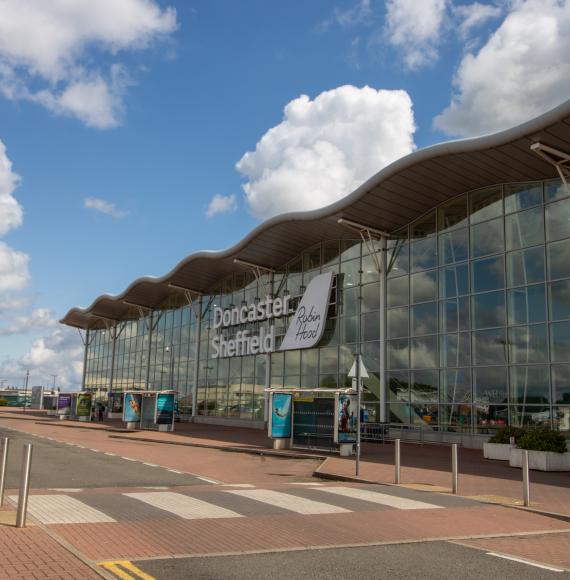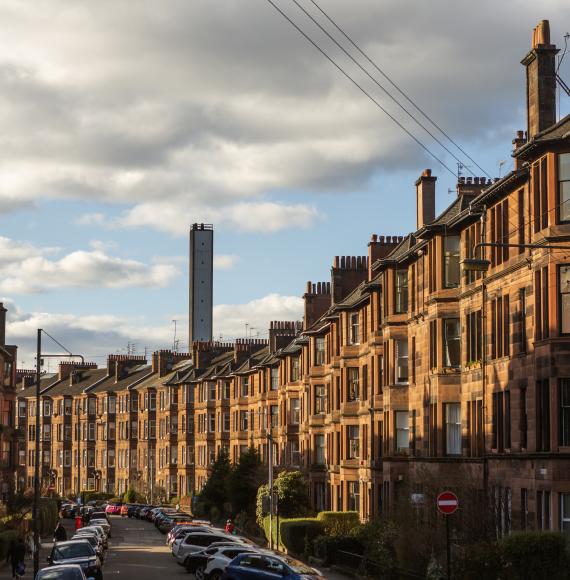London Councils has announced that boroughs are warning that government-set social rent levels could leave a ‘black hole’ in their social housing finances over the course of four years.
A figure of up to £700 million has been suggested by analysis into the impact of social rent policy on the housing revenue accounts of London’s boroughs, as the need for improved housing conditions and becomes ‘desperate.’ The research has also predicted that councils in London will be forced to make savings to their HRA budgets for the next two decades thanks to social rent constraints and the impact of inflation on finances.
London Council’s Executive Member for Regeneration, Housing and Planning, Cllr Darren Rodwell, commented:
“At a time when we desperately need more investment in social housing, boroughs are facing year after year of budget squeezes.
“Social housing is vital to London’s social and economic success, and we want the sector to thrive. Boroughs are driving the improvements on standards, on safety, and on net zero that our tenants – but also the government – are so keen to see.
“We know cost-of-living pressures remain a major concern for many tenants and we support measures designed to help low-income households struggling with their finances. However, the government’s rent policy leaves us with a black hole of nearly £700m in our social housing finances over the next four years. Considering the massive pressures the sector faces, it feels like we’ve been left with mission impossible.
“Ministers must ensure boroughs get the resources we need to secure a better future for London’s social housing.”

According to London Councils, the main priorities for boroughs in the capital as they look to make housing improvements are:
- Raising standards: London currently has the lowest social housing standards of any region across the country, with the capital’s stock facing particular challenges such as the fact that it is generally older and less insulated than other areas.
- Building safety: Significant funding is needed to make sure that the highest standards are being met, with the Local Government Association estimating £7.7 billion being needed for councils in 2023-2030.
- Decarbonisation: Boroughs are collaborating to ensure that retrofitting housing can bring significant carbon reductions, however London Councils has estimated that this will cost £49 million.
- Building new social homes: The most severe homelessness crisis in the country is currently ongoing in London, with more than 320,000 households sitting on social housing waiting lists, with one in 50 being homelessness and living in temporary accommodation.
Co-Chair of the London Housing Directors’ Group, Joanne Drew, added:
“This analysis paints a bleak picture for boroughs’ housing revenue accounts and our ability to invest in social housing.
“From damp and mould through to building safety and decarbonisation, there are enormous challenges in the capital. Boroughs have great ambitions as social housing providers, but with our income failing to meet our costs and spending cuts needed to balance the books it becomes extremely difficult to secure the progress we all want to see.”
Image credit: iStock



















